Description
Jeanine Niyonzima-Aroian, the founder of JNP Coffees, is without a doubt one of the most influential individuals in Burundi coffee today. Raised in Bujumbura, Jeanine would go on to earn an MBA from Northwestern University’s prestigious Kellogg School, cycle through corporate America, and eventually reconnect with her birth country by founding Burundi Friends International, a not-for-profit that funds educational and economic empowerment programs for rural Burundians, which is now in its 13th year.
After a few years marketing Burundi coffees stateside for friends and family, Jeanine realized she had every reason to lead the business, and JNP Coffee was born. JNP Coffee is highly focused on women’s empowerment, and along with a few local women’s rights advocates, formulated the Burundi chapter of the International Women’s Coffee Alliance. The network of IWCA farmer members in Burundi is now more than 2,000, whose coffee is differentiated by membership, marketed for its traceability and impact, and which generates end-of-year premiums for all involved. In fact, the IWCA value chain has been so impactful that JNP has created additional programs to expand their farmer base and generate premiums not just for women farmers, but for everyone involved. Producer groups of women and men alike, such as this one, can qualify for JNP’s new “DushimeTM” program, which delivers the same kind of post-harvest premiums as IWCA has since 2013. It seems they can’t expand fast enough.
Coffee grown in Ngozi Province has a special meaning for Jeanine, as that is where her mother grew up. Memories of her mother, leading the family’s coffee harvest to cover school fees, are woven into the name for this coffee. Bahire in Kirundi is a kind of well-wishing given to others that roughly translates to “be well, successful, prosperous, happy”. Bahire is a micro-community of smallholders selected from within one of JNP’s larger communities, Bavyeyi, thanks to their unique terroir. The producer group works closely with JNP Coffee’s trained Q Graders in Burundi on best quality practices and lot curation. Fully washed processing for members of the Bahire group is as detailed as anywhere in Burundi where the best coffees are produced. Cherry is floated for density and visible defects prior to depulping and under-water fermentation. After fermentation is complete the wet parchment is sorted by density in concrete washing channels. Drying takes place at first under shade, and then in open air with the parchment piled into pyramids, which are flattened and re-shaped each day as a form of incremental air exposure to slowly and evenly dry the coffee and lock in the final moisture. The resulting profile is exceedingly clean, bright and delicate.
Tasting Notes: A lovely coffee; smooth and clean cup. A bit stronger and more potent classic African spice tone. Reminds me of a Kenyan but milder. Lighter roasts show some small hints of a lemony acidity, a little soft fruit tone accompanied with some herbal spice and chocolate tones, a bit exotic but balanced. Light roast African fans will find some joy here but for most, pushing the beans into a medium roast will be preferred. Mellows the spice tones creating a much smoother lower acidity cup with a sweet edge. One can still get the spice complexities especially in the aftertaste or as the cup cools but smooth, rich and not too exotic, a lovely roast point for a daily drinker. Darker roasts picked up stronger smoky and roasty tones but it complimented the darker spice tones and sweeter edge of the cup.
Roasting Notes: An easy coffee to roast, beautiful processing with medium to low chaff. We would recommend taking it a bit past first crack at a minimum. Right at first crack can pull some grassy herbal notes, it will not take too much further development to flip them into wonderful rich and chocolaty tastes instead. Can still be a little sharper edged 24 hours after roasting but by day 3 was very smooth and defined.
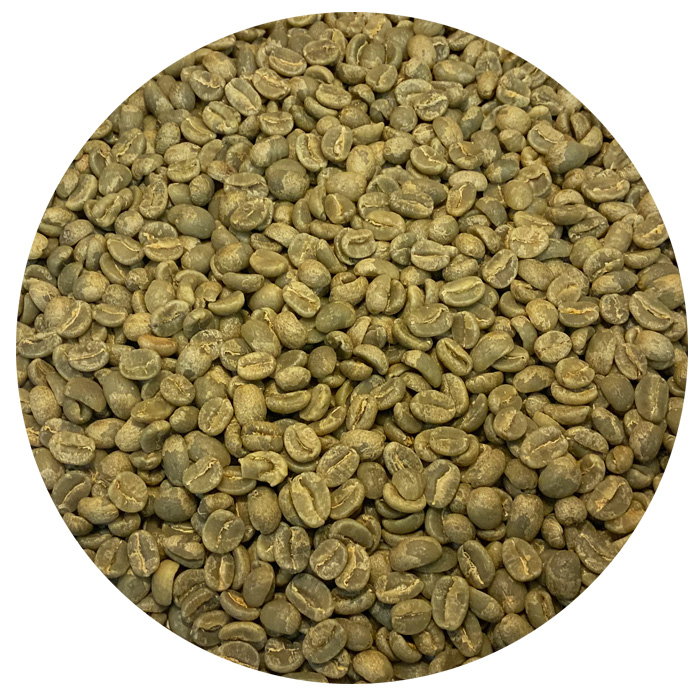
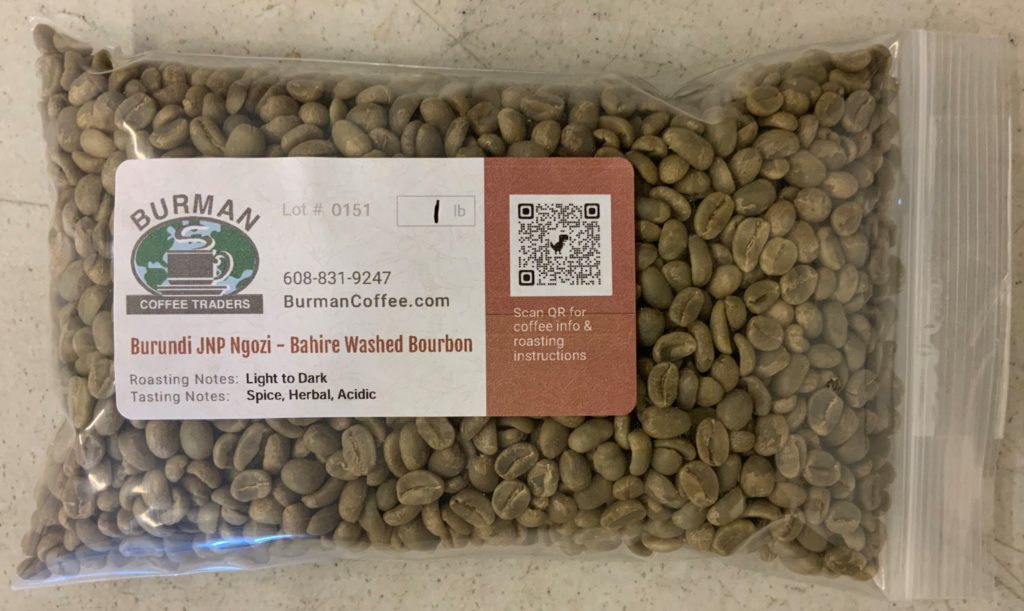
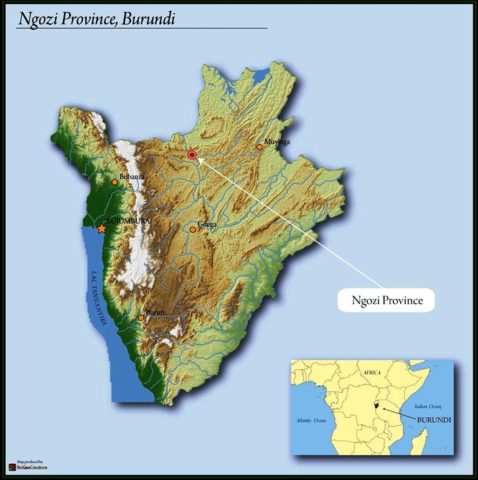
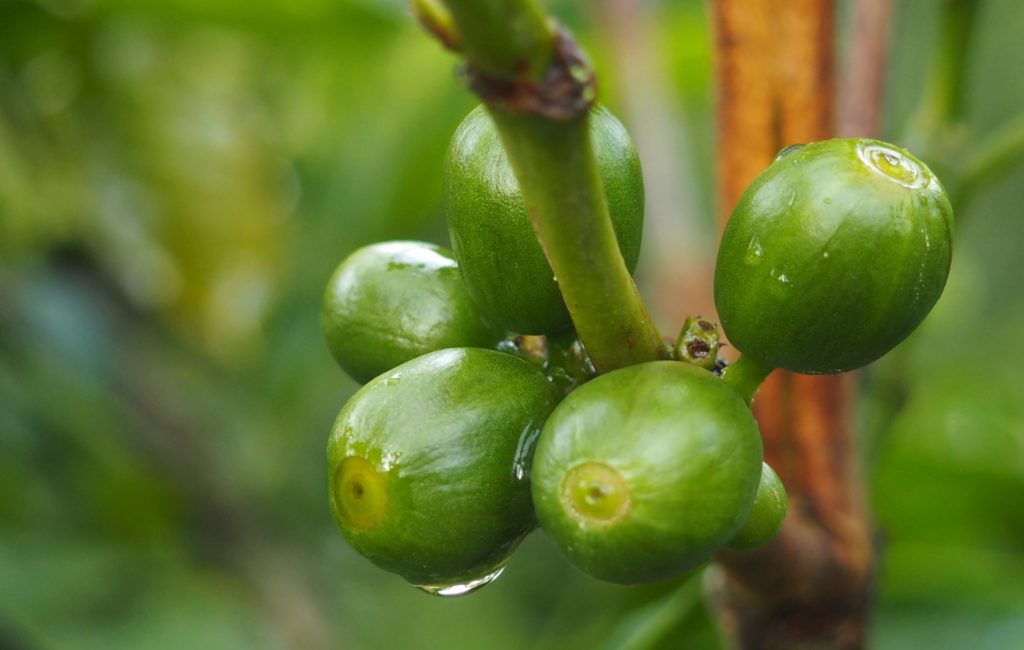
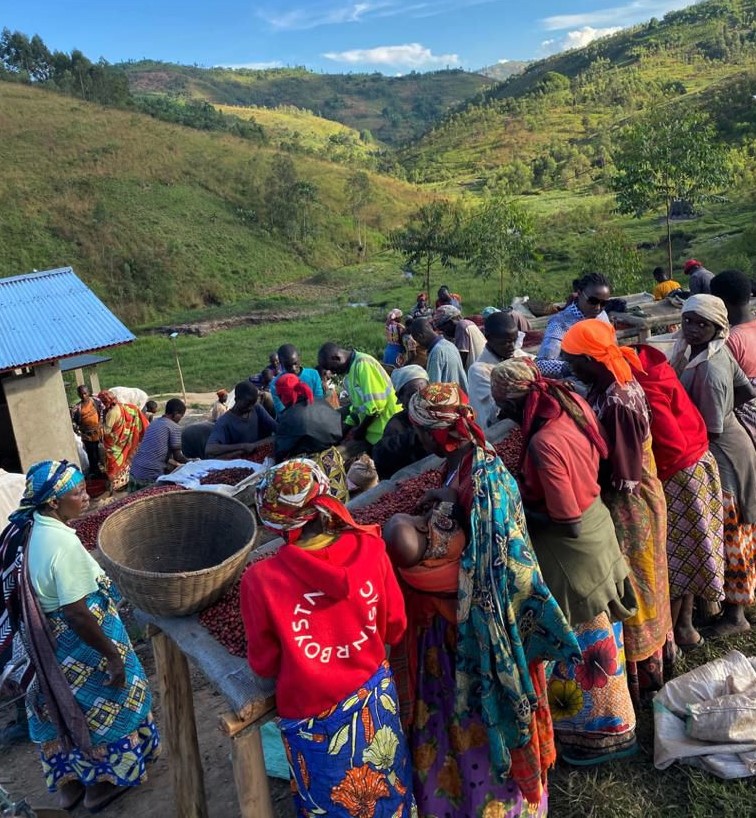
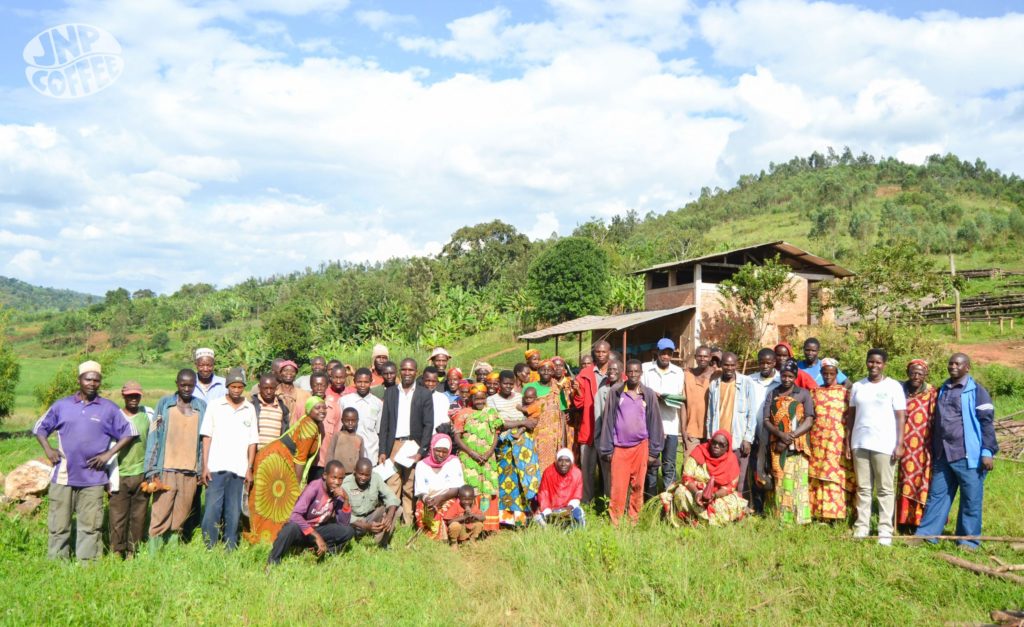
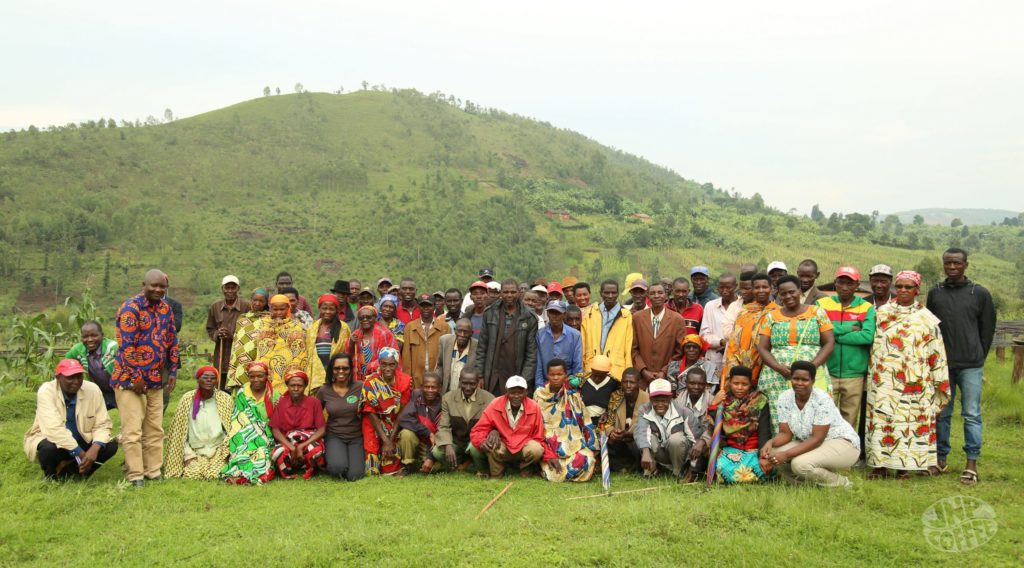
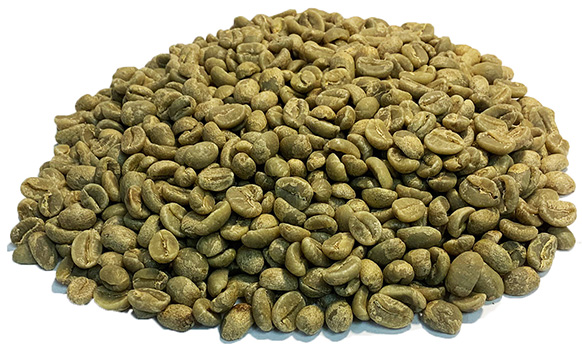
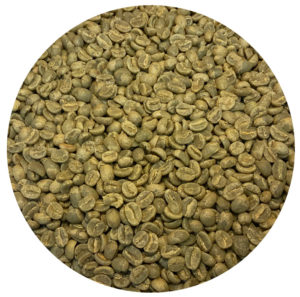
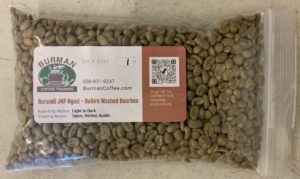
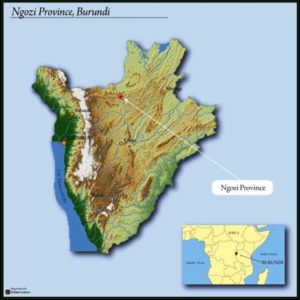
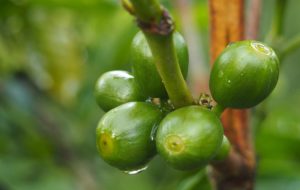
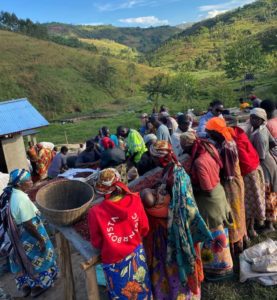
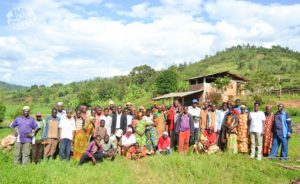
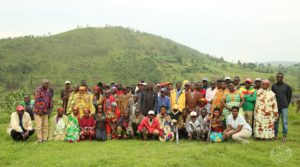
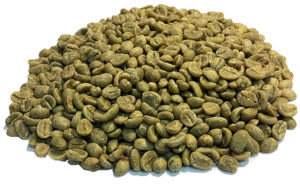
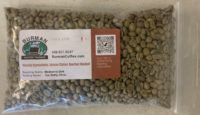
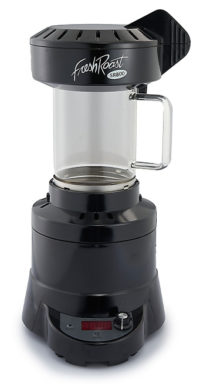
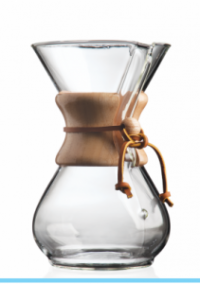
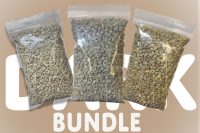

jmitchell3 –
A good daily drinker as they said. I roasted 3 times and pulled at 3 different temps, 403, 410 and 428. I feel that it was at best at 428. A good darker-medium roast. The other 2 were OK, but a little bland. I admit to being a light roast fan, but I don’t mind the occasional dark.